

Common consensus suggests that if you've played one Dynasty Warriors game, you've played them all. With Xtreme Legends this, Empires that, and countless spin-offs, you couldn't be blamed for filtering out the series' near-annual cadence. The large-scale 3D beat-'em-up does have its hardcore fans, and the dollar-to-content ratio across the franchise is impressive. But if you aren't among the ranks of Dynasty Warriors diehards, Dynasty Warriors 8 does little to sway you. Besides a bit of extra polish, this is pretty much more of the same, for familiar better or stagnating worse.
Like every Dynasty before it, DW8 retells the story of the Three Kingdoms era from Chinese history, when generals vied for power and heroes were forged on the battlefield. You'll watch the action unfold from the perspective of four different factions, each of which comprises an intimidatingly lengthy campaign (with a fifth waiting to be unlocked). If you have any intention of following the plot, you should probably brush up on your Three Kingdoms lore. The uninitiated will find the story incredibly dense, with countless characters to keep track of; unfortunately, the subtitle-driven exposition between levels does little to clear things up.
"Besides a bit of extra polish, this is pretty much more of the same, for familiar better or stagnating worse."
While historical accuracy permeates the overarching plot, the battles themselves are anything but: Your officer of choice is essentially a Chinese Super Saiyan, plowing through hundreds of enemy soldiers in each skirmish. Gameplay consists of wading into the fray, threshing your way through a mob of bodies in an effort to eliminate key targets, like doorway-blocking Gatekeepers or opposing officers. It's up to you whether you want to mash buttons or perfect your favorite officer's array of flashy combos--both methods feel equally effective on Normal difficulty.
It's not that there isn't variety to the combat: With over 70 battle-worthy veterans to choose from and a host of mix-and-match weapon sets, there's plenty of room to experiment between spear-stabbing with Zhao Yun, whip-slapping as Sima Yi, or the physics-defying, kayak-riding Arm Blade attacks of Huang Gai, amongst countless others. But no matter who you choose, you're bound to discover the most effective attack string, then repeat it ad nauseam in each cluster of barely distinguishable soldiers. It's dumb fun to unleash a devastating Musou attack the first 20 times; by the 200th time, it borders on mind-numbing.
"Your officer of choice is essentially a Chinese Super Saiyan, plowing through hundreds of enemy soldiers in each skirmish."
The campaign stages do try to add some variation to the combat, pitting you against special soldier types, peppering the battlefield with obstacles, or forcing you to overcome unfair odds. But the flow of the fights still comes down to finding a large group, killing everyone in sight, then moving on to the next one. There is an impressive scale to the levels, with multiple avenues of attack to funnel your army through. But it can be confusing to gauge where you're needed most on the battlefield, and the allied units that you aren't currently babysitting seem to simply idle around until you show up to save the day.
You may end up preferring the open-ended Ambition mode to the straightforward campaign. Ambition casts you as a solitary officer fighting to impress the Emperor, amassing a legion of followers and overhauling a small village along the way. Instead of following a set course through the story, you have the option to fight for allies, construction materials, or general fame with multiple battles to choose from at each turn. It's cool deciding which buildings to upgrade or officers to appoint; the problem is that, without much context, it can start to feel like a grind. Another tradeoff is that the characters are interchangeable, sapping the experience of any colorful personality.
That personality shines forth in the campaign, and its goofiness is definitely a plus. The cutscenes are melodramatic, the voiceovers and dialogue are hilariously corny, electric guitar riffs permeate the soundtrack, and the verbal exchanges on the battlefield are more snicker-worthy than morale-boosting. Whether you do or don't take it seriously, there's a distinct charm to DW8's over-the-top delivery of content that should've been absurdly dry. Another nice touch is that the Chinese names and titles are actually pronounced correctly this time around, rather than phonetically.
"Whether you do or don't take it seriously, there's a distinct charm to DW8's over-the-top delivery..."
Buyer beware: DW8 has its fair share of technical hiccups, like glitchy lighting or texture pop-in, which only hinder the experience on PS3. The 360 version is an entirely different story--it's nearly ruined by massive amounts of slowdown, where the frame rate plunges into molasses-like sluggishness if the action on the screen gets too intense. If you're a 360 owner on the fence about DW8, you should spend your money elsewhere.
Dynasty Warriors 8 isn't a bad game--it just feels like a ridiculously deep well of merely average content. Outside of new modes, weapons, and characters, DW8 feels like an incremental step forward from the PS2 era, despite more than a decade of iteration since the series seemingly hit its peak. If you're a hardcore Dynasty Warriors fan, DW8 gives you more of the same, and will therefore satisfy your insatiable Three Kingdoms cravings. Everyone else can safely skip it without feeling like they're missing out on a new experience.

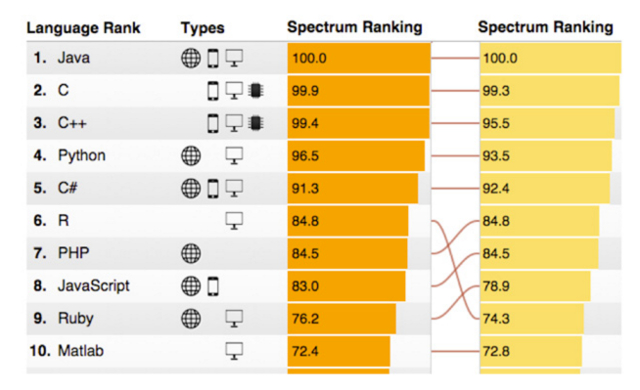
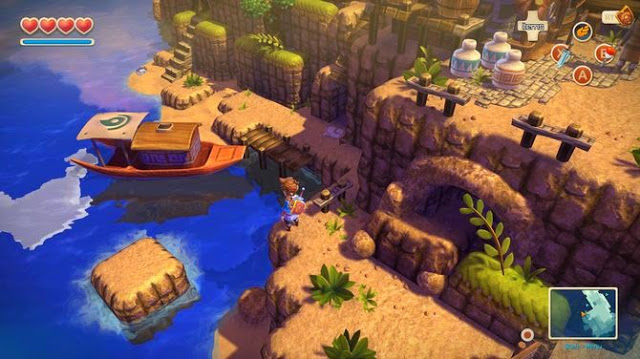
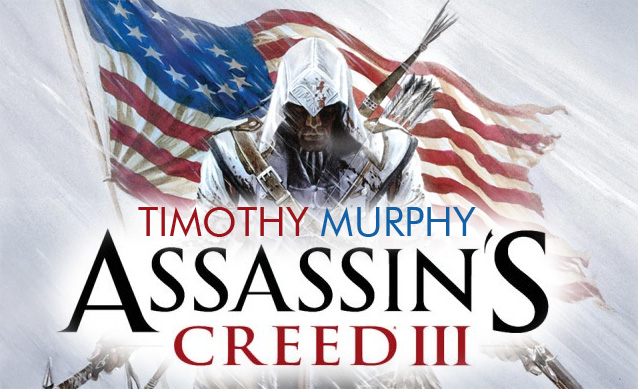
 Just Cause 3: How to Find the Teleportation Easter Egg
Just Cause 3: How to Find the Teleportation Easter Egg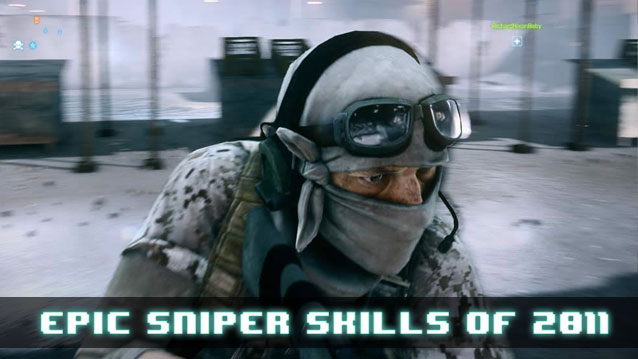 Top 10 Epic Sniper Skills of 2011 Caught on Video
Top 10 Epic Sniper Skills of 2011 Caught on Video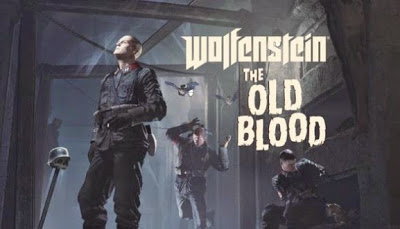 Wolfenstein: The Old Blood - prologue: In the mountains
Wolfenstein: The Old Blood - prologue: In the mountains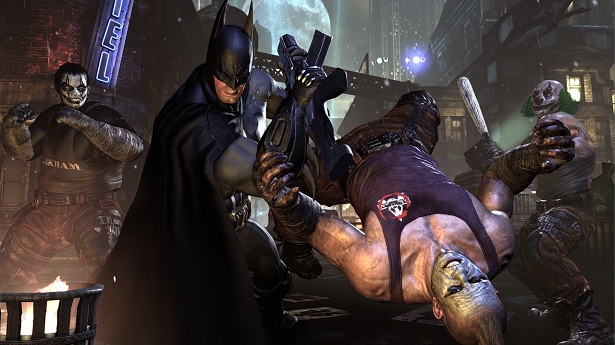 Batman: Arkham City Walkthrough
Batman: Arkham City Walkthrough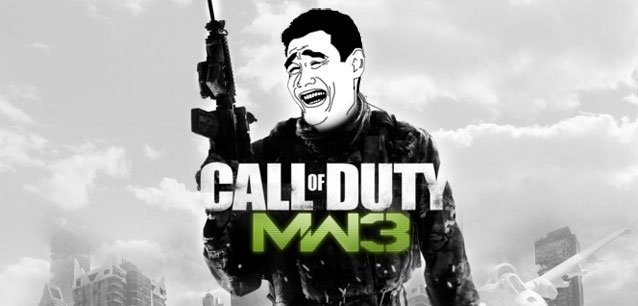 Modern Warfare 3 Glitches Guide
Modern Warfare 3 Glitches Guide